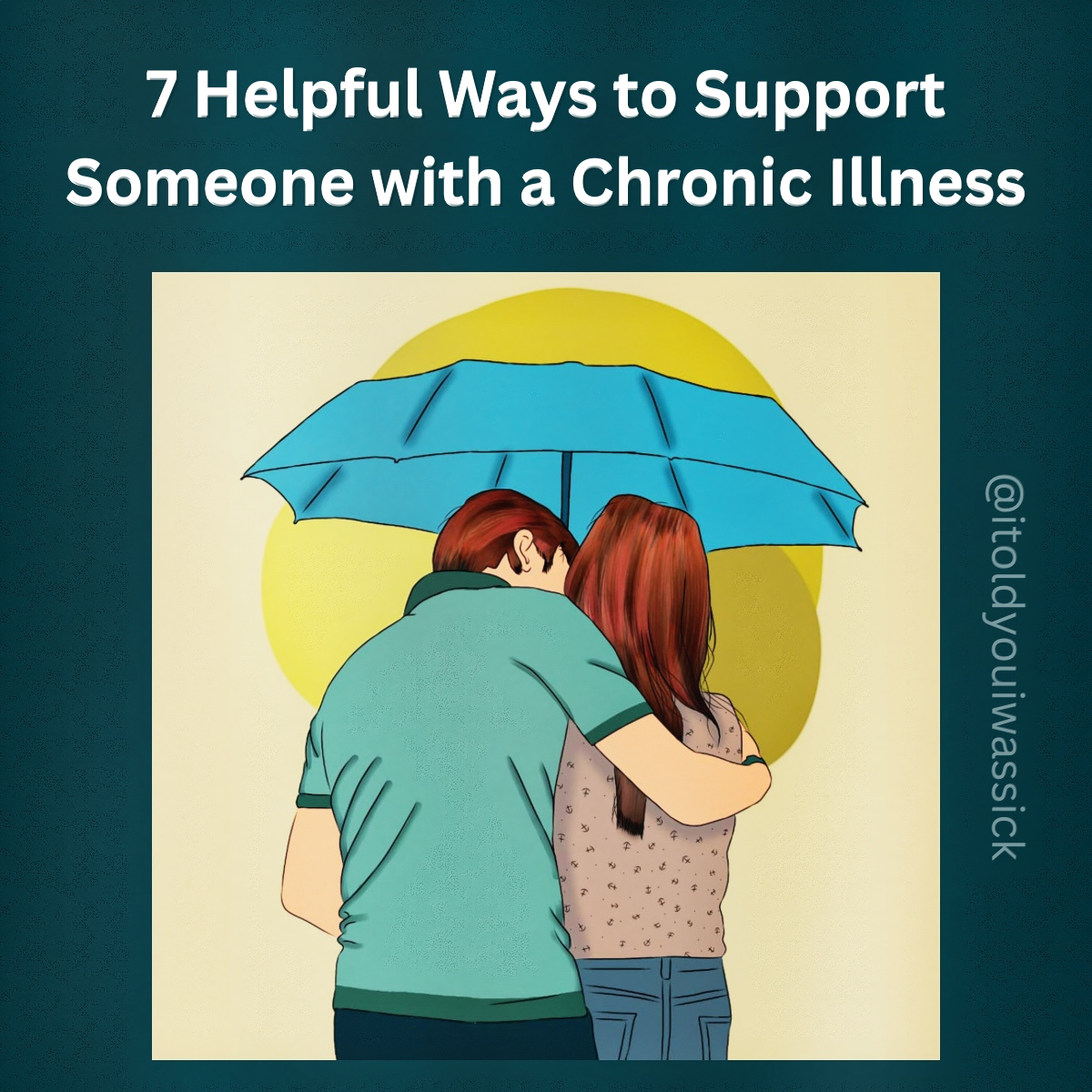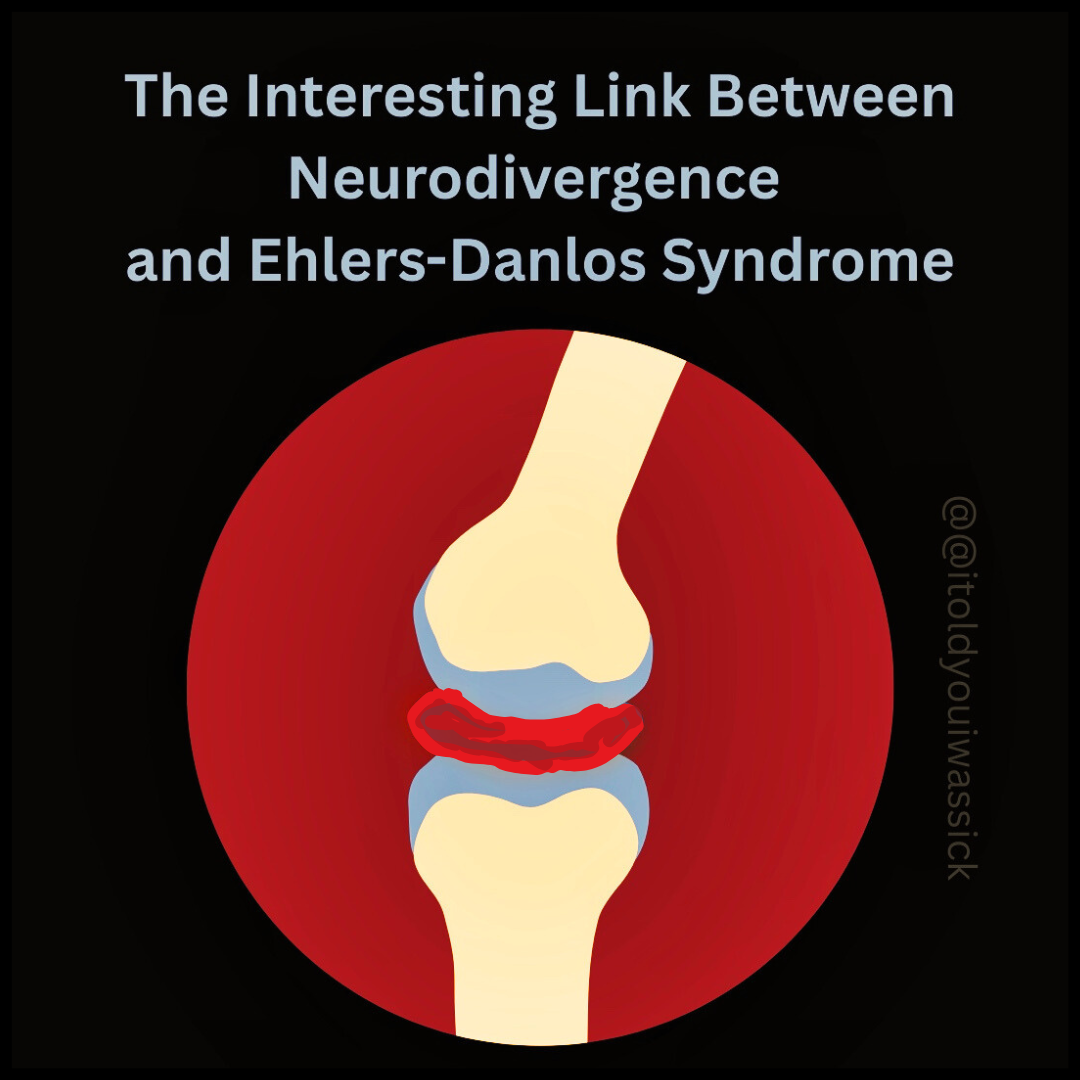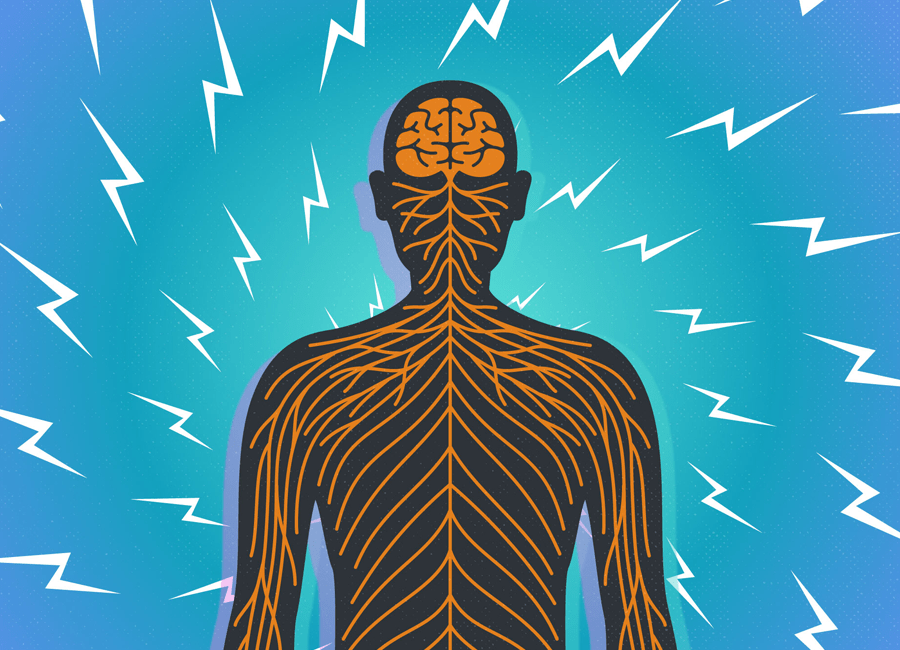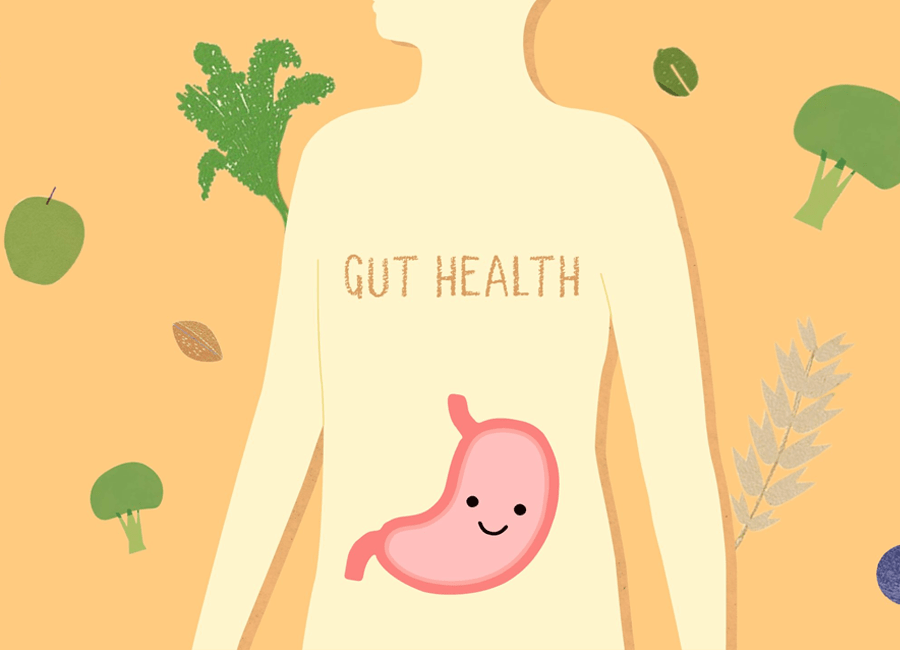What Is A Food Sensitivity Test ?

Do you always feel a little off after eating certain food?
Maybe certain kinds of vegetables give you stomach cramps, or you always struggle to get a good night’s sleep after dairy. The problem could be a food sensitivity.
Food sensitivities, otherwise known as food intolerances, aren’t the same as having an allergy to a particular food.
If you’re allergic to a food, like nuts, eating the substance can be potentially fatal. An allergic reaction causes a wide range of responses, including anaphylaxis and difficulty breathing. Food allergies are immune-system-mediated reactions to food.
Alternatively, food sensitivities are not life threatening, nor are they influenced by the immune system. Instead, they’re often caused by a lack of a certain enzyme in your body which makes it difficult to process or digest a food.
Food sensitivity tests are medical tools designed to determine whether you have an intolerance to a certain food.
How Do Food Sensitivity Tests Work?
Food sensitivities and intolerances are a lot more common, and less dangerous than allergies. While a food sensitivity might not be comfortable, it won’t cause any immediate danger to your health. In most cases, you’ll simply need to avoid eating the food, or eat it in smaller doses to minimize the response.
Most people can determine whether they have a food sensitivity through a process of restrictive eating. Eating a certain food, recording your response to it, then avoiding that food and seeing whether you still have the same response should be enough to indicate whether you need to change your diet.
However, some food sensitivities are difficult to detect on your own. This is usually the case when a reaction to a food happens several hours after you’re done eating.
A food sensitivity test aims to learn more about the enzymes and substances in your body which might have an impact on your response to certain foods.
There are various different kinds of food sensitivity tests, such as:
Cell-based blood tests
Today, there are two relatively reliable versions of cell-based blood tests available. The first is the Mediator Release Test or “MRT”. Using a sample of your blood, medical professionals test to see whether your white blood cells shrink, causing a change in your solid-to-liquid ratio.
When your white blood cells shrink, this usually indicates they’ve released a chemical mediator, like leukotrienes or histamine, which could cause symptoms of intolerance.
The other option is the ALCAT (Antigen Leukocyte Cellular Antibody) test. This substance measures the change in size of your white blood cells when exposed to individual food allergens.
Antibody-based blood tests.
Antibody blood tests for food sensitivities measure your body’s production of immunoglobulin G antibodies to certain foods. Studies suggest that these tests may help people eliminate foods in their diet responsible for causing migraines and IBS.
However, scientists say that IgG food sensitivity tests may be inaccurate at times, because the presence of IgG antibodies against foods might just indicate you’ve been exposed to a certain substance.
Other tests
There are various other tests which have begun to emerge in the food sensitivity testing landscape. The provocation and neutralization test involves having extracts of suspected foods put under your skin and checking to see if the area swells. This process is generally not recommended because it can result in severe allergic reactions, and can be very uncomfortable.
What Do You Do If You Have A Food Sensitivity?
Testing for food sensitivities is still a somewhat problematic process, and many scientists believe there isn’t a fully reliable way to test if someone is sensitive to a food.
The best way to test may be to use an elimination diet and a food journal to keep track of your responses to certain foods. Even if you’re not scientifically “sensitive” to a certain food, this method will give you an insight into which foods might make you feel uncomfortable so you can minimize them in your diet.
If you think you might have a food sensitivity, the best thing you can do is talk to your doctor. In most cases, you’ll simply be advised to reduce your exposure to this substance.
This might mean cutting down on chocolate if you always get a migraine after eating it.









